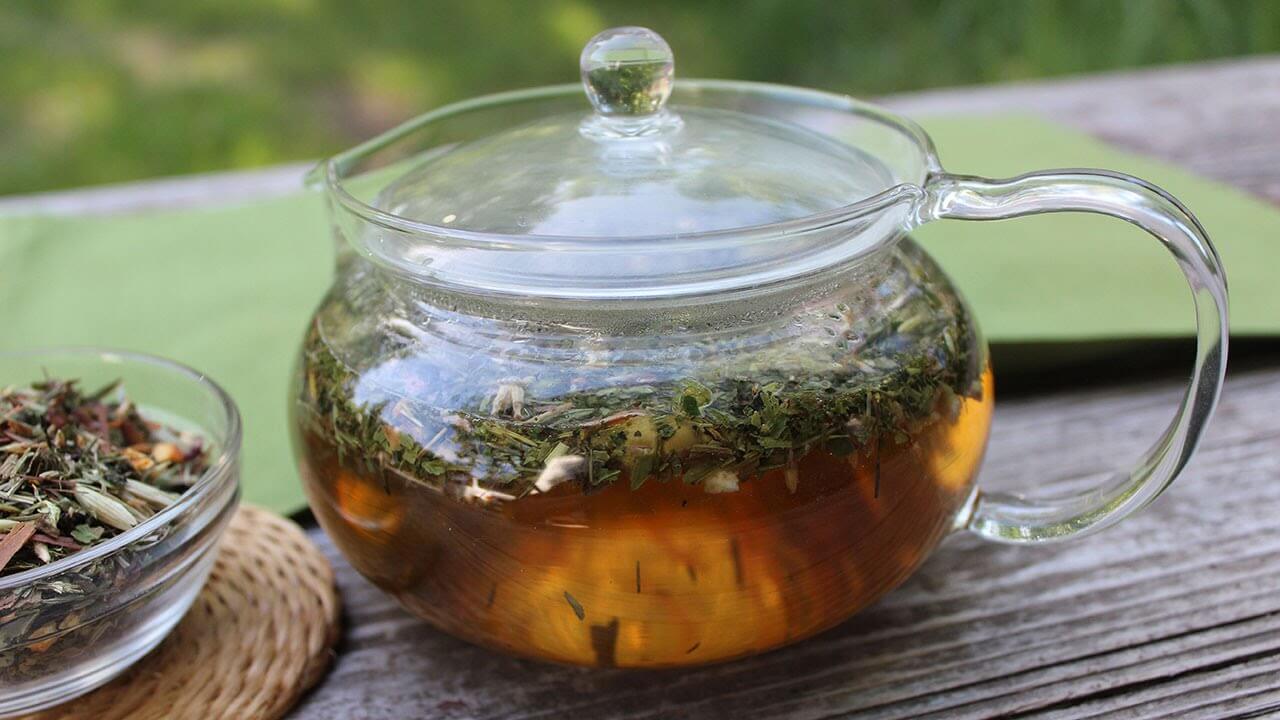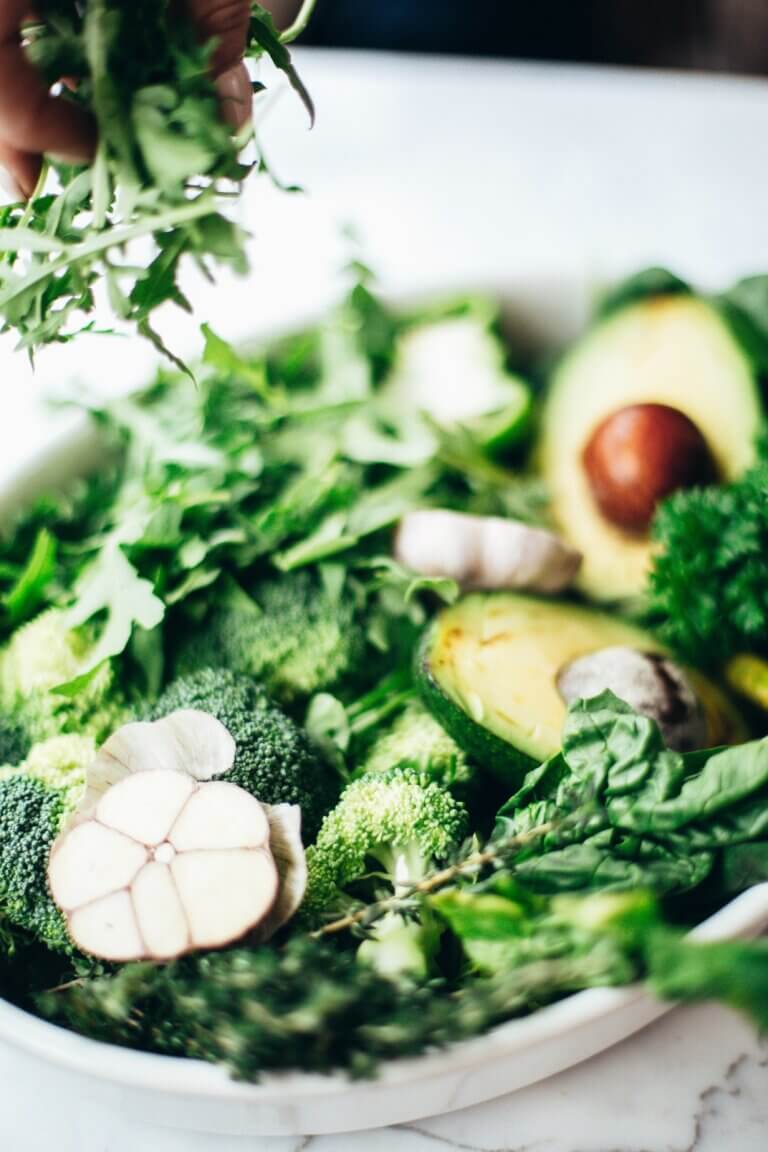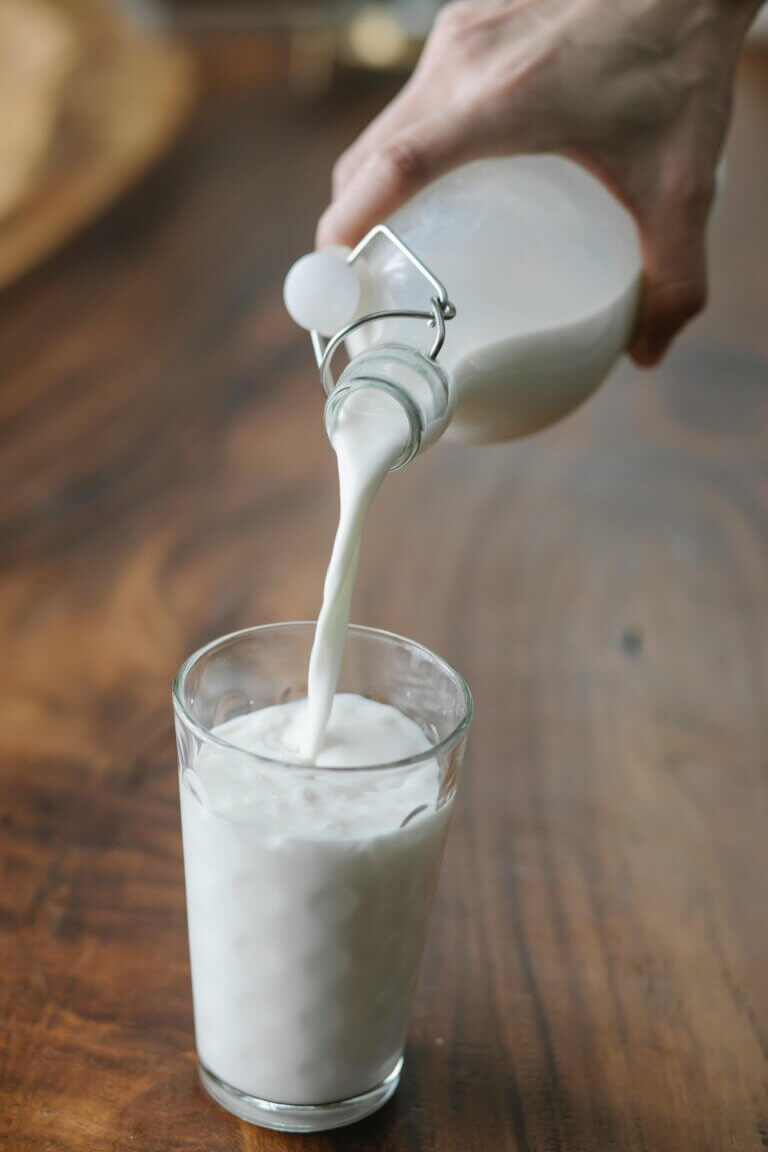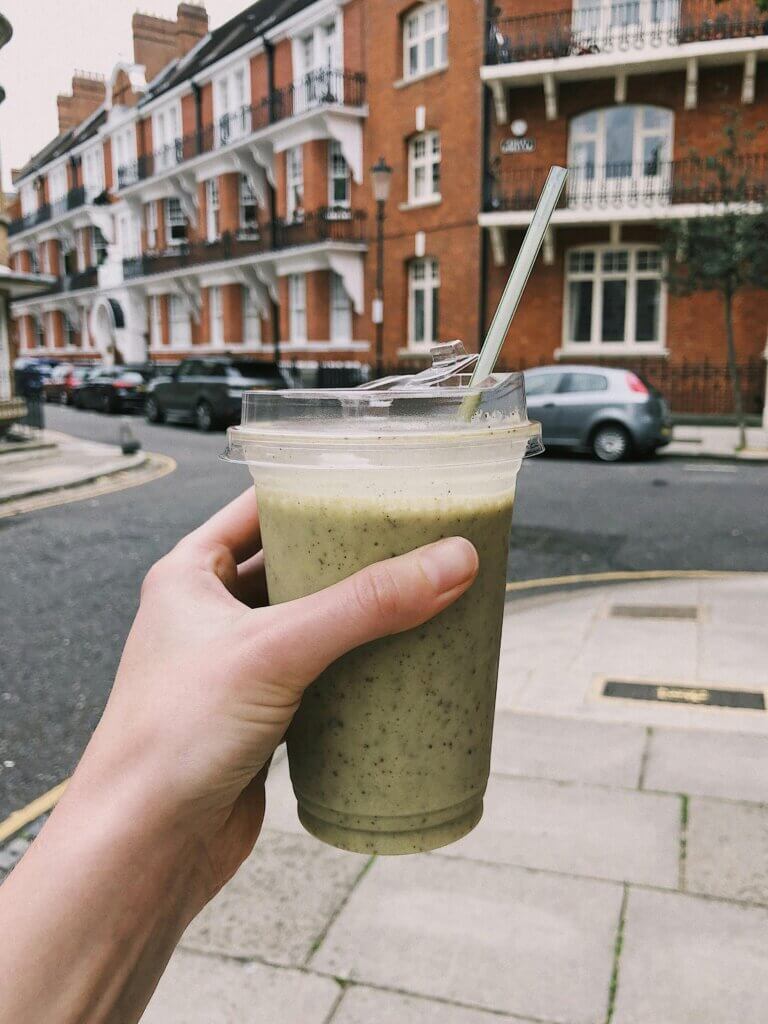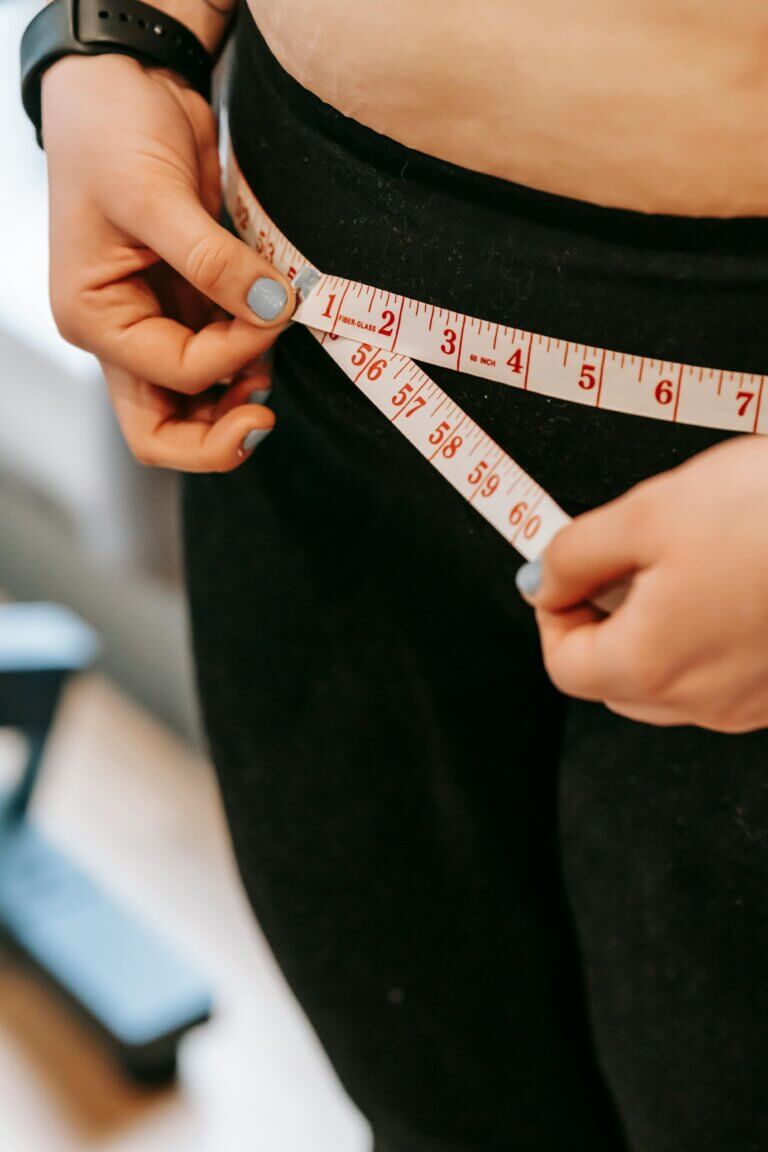Insomnia is a terrible condition that affects a large portion of the country. It can cause your productivity to decrease, your quality of work to suffer, and your mental and physical health to weaken. The medications typically used to treat this condition tend to over-correct the issue and put you at risk of experiencing quite a few negative side effects. Due to that, many people suffering from insomnia choose to exhaust all the natural options for remedies first. You can use herbal teas to sleep better
One natural remedy that has shown results for many insomniacs is drinking herbal teas to sleep better and herbal tea before going to bed. This can help calm and relax you, promoting restfulness and helping to fight your insomnia.
Which Herbal Teas Work Best
There are several herbal teas that, when consumed before bed, can help to promote better sleep while also providing you with a few other positive health benefits.
The following are our favorite herbal teas we’ve found work for improving your sleep and treating your insomnia.
- Chamomile
Chamomile tea has long been known for its calming effect. And it is one of the herbal teas to sleep better. It can help regulate your sleep patterns, ease sore throats, and even work as an anti-inflammatory. Chamomile is great served black but is most commonly served with cream or milk. - Lemon Balm
Lemon balm can work wonders for many aspects of your health. It’s most well-known for its ability to help balance your nervous system. It can help ease palpitations and muscle spasms, treat insomnia, fight off stress, and promote a well-functioning digestive system. - Valerian
Valerian has long been used to calm nerves, relax muscles, and help promote better sleep. It can also help treat menstrual pains, body tremors, stomach discomfort, and depression, and can help reduce stress. - Lime Blossom
Like valerian, lime blossom is known to help fend off insomnia, relax your muscles, calm your nerves, and alleviate pain. It can also help to minimize symptoms of arthritis and respiratory conditions. - Hops
Hops work wonders for those plagued by insomnia, as it has a sedative effect. It can help to reduce stress, improve your digestive system, treat migraines, and serve as an aphrodisiac. - Mint
Mint is known to help stabilize the nervous system, minimize digestive issues and stomach discomfort, fight gastritis, treat muscle spasms, and help trigger sleep.
Passion-Flower
- Passion-flower is often used for its relaxing, calming, and sleep-inducing benefits. It’s been known to help with lightheadedness, anxiety, withdrawal symptoms, and reduce inflammation of blood vessels.
How to Get the Most Out of Your Insomnia Treatment
While these herbal teas can help, you have to help set them up for success. You can ensure you’re getting the most out of your insomnia-fighting tea by improving your sleep habits. Don’t use technology within an hour before bedtime, or at least limit it as much as possible; use an old-school alarm clock instead of the one on your phone.
Limit your bed to only sleeping activities; don’t watch television, eat, read, etc. in the bed. Eat lighter meals for dinner and maintain an early dinner time; give your stomach time to fully digest the food. Maintain a regular sleep schedule; try to go to bed and wake up around the same time every day. Don’t drink caffeine in the afternoon; the earlier you stop, the better.
Eliminating caffeine is highly recommended for insomniacs to ensure good sleep. While herbal teas will help, as long as you’re practicing poor sleeping habits, you’ll never get the most out of your herbal tea treatment.
If you’ve struggled with insomnia, you know the level of desperation for rest that plagues insomniacs regularly. You’d try just about any treatment recommended by friends or doctors just in the hope of finally getting some relief from your insomnia and getting some much-needed sleep. Herbal teas to sleep better could be the answer you’ve been looking for.
